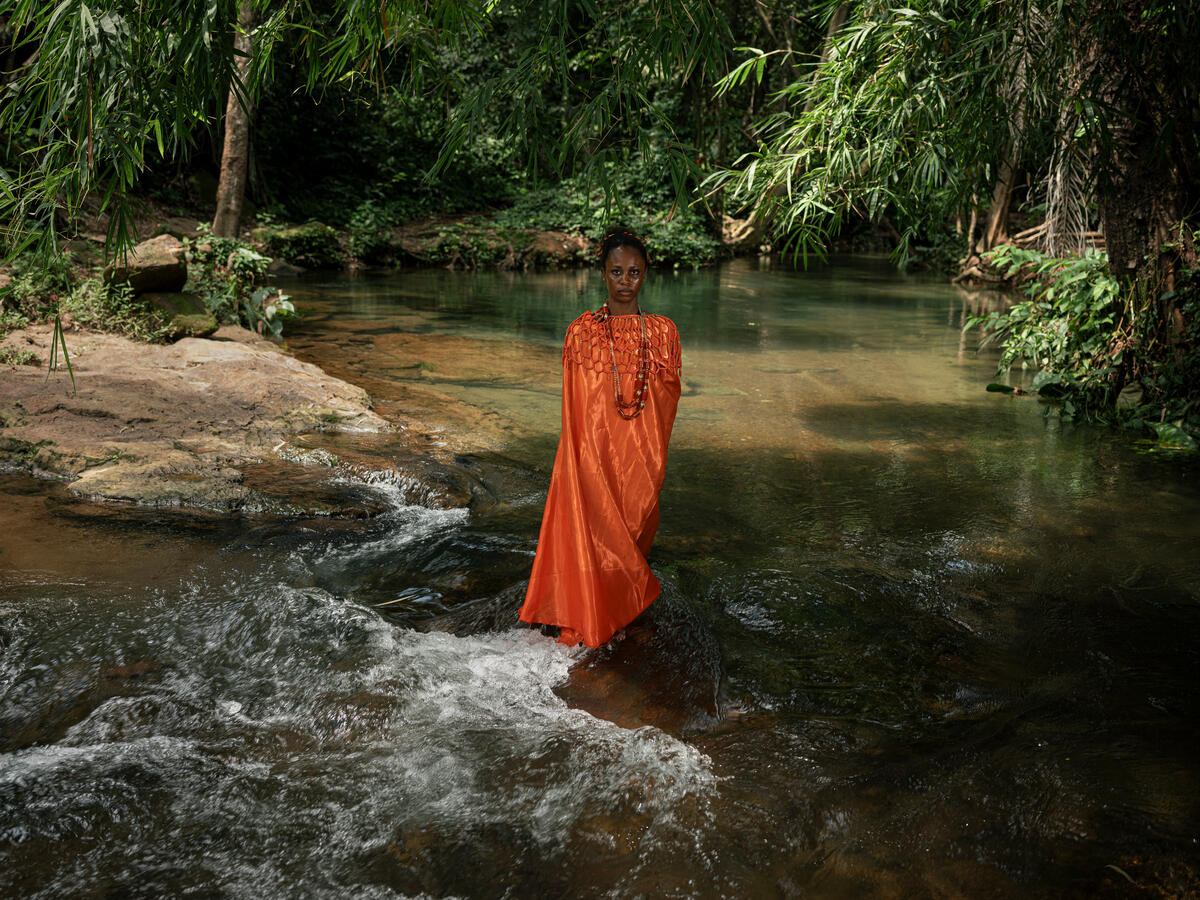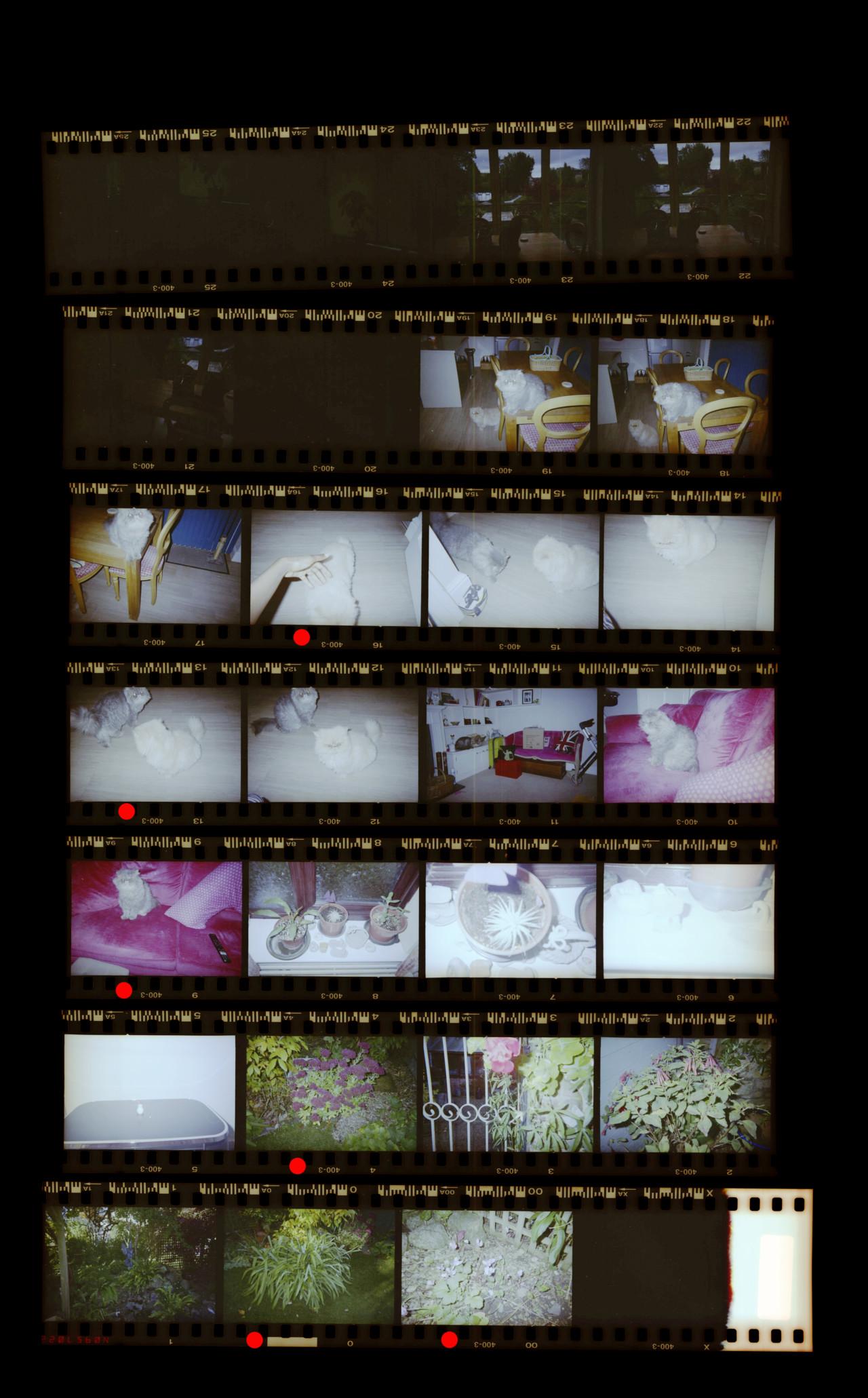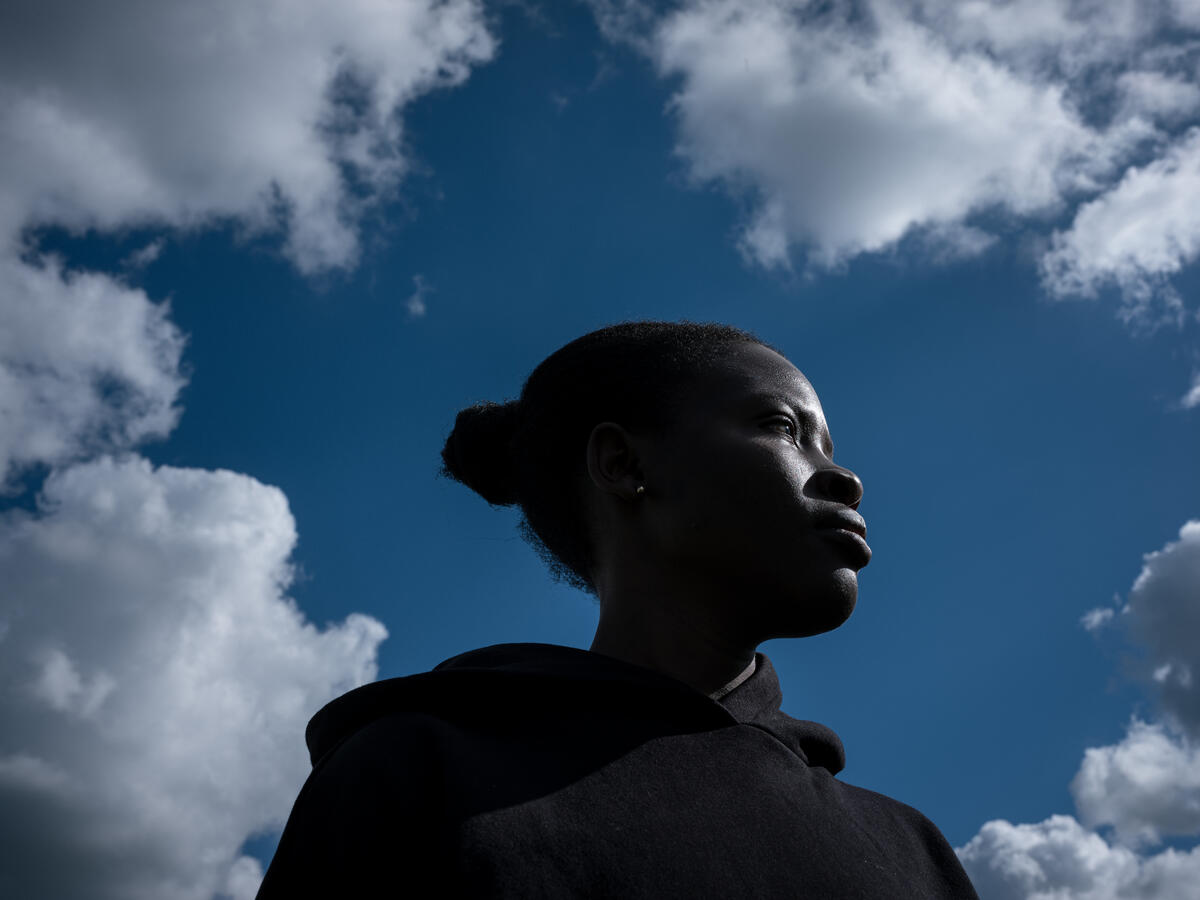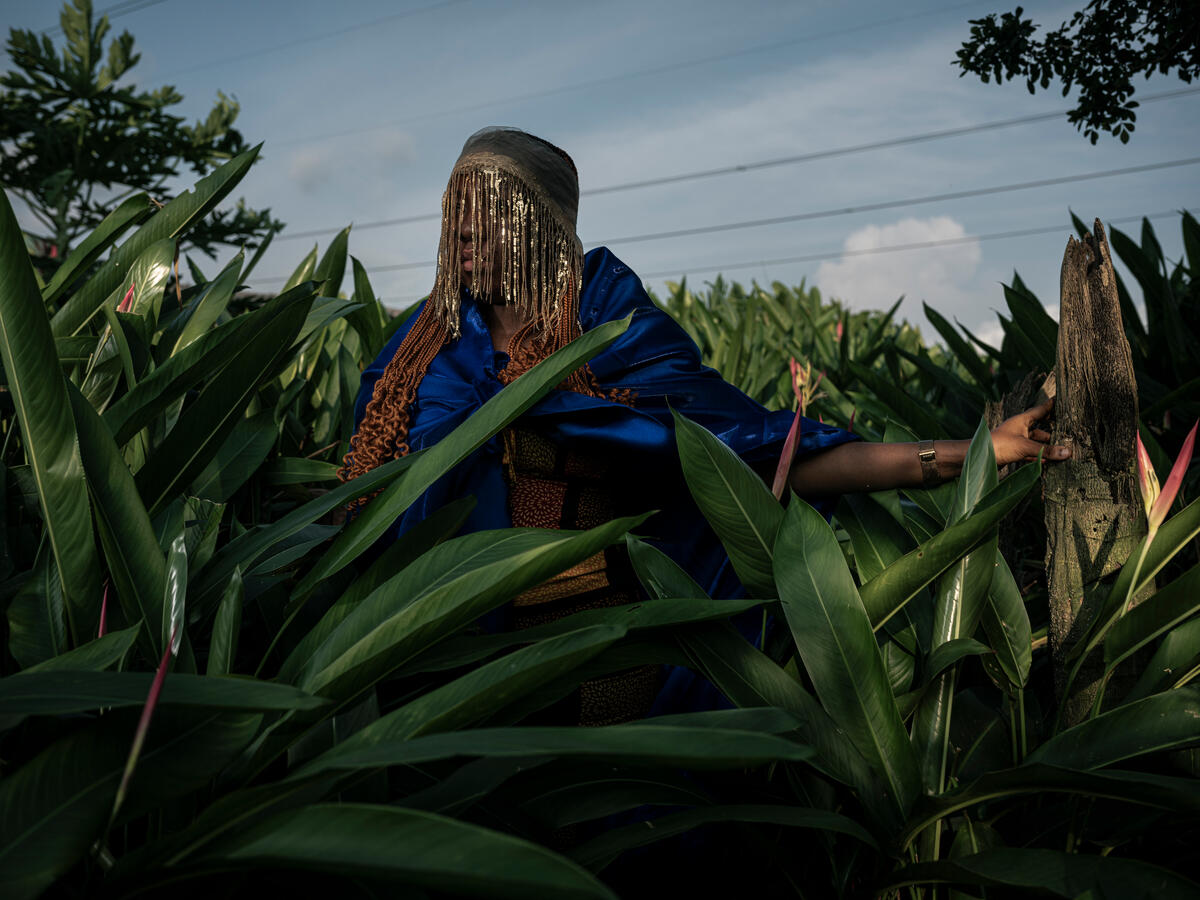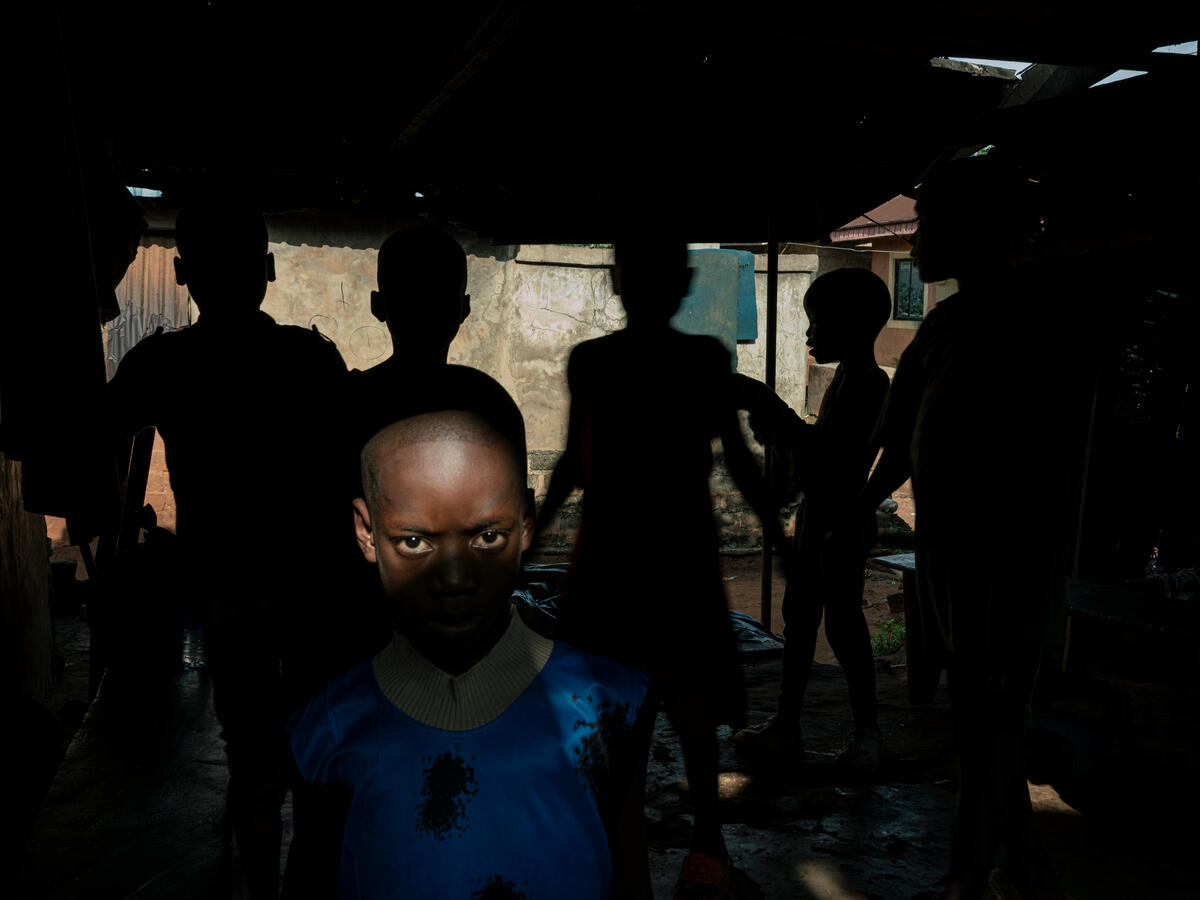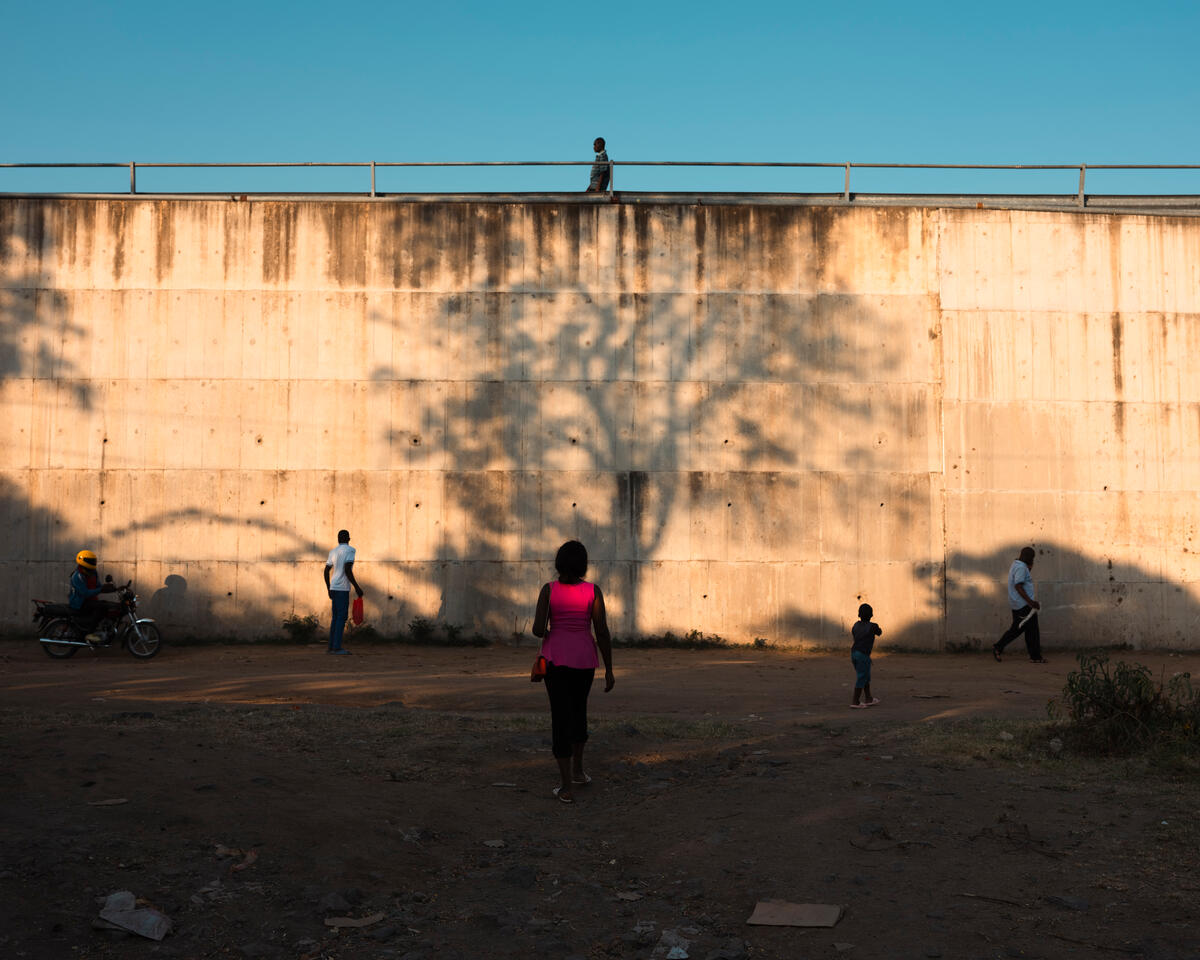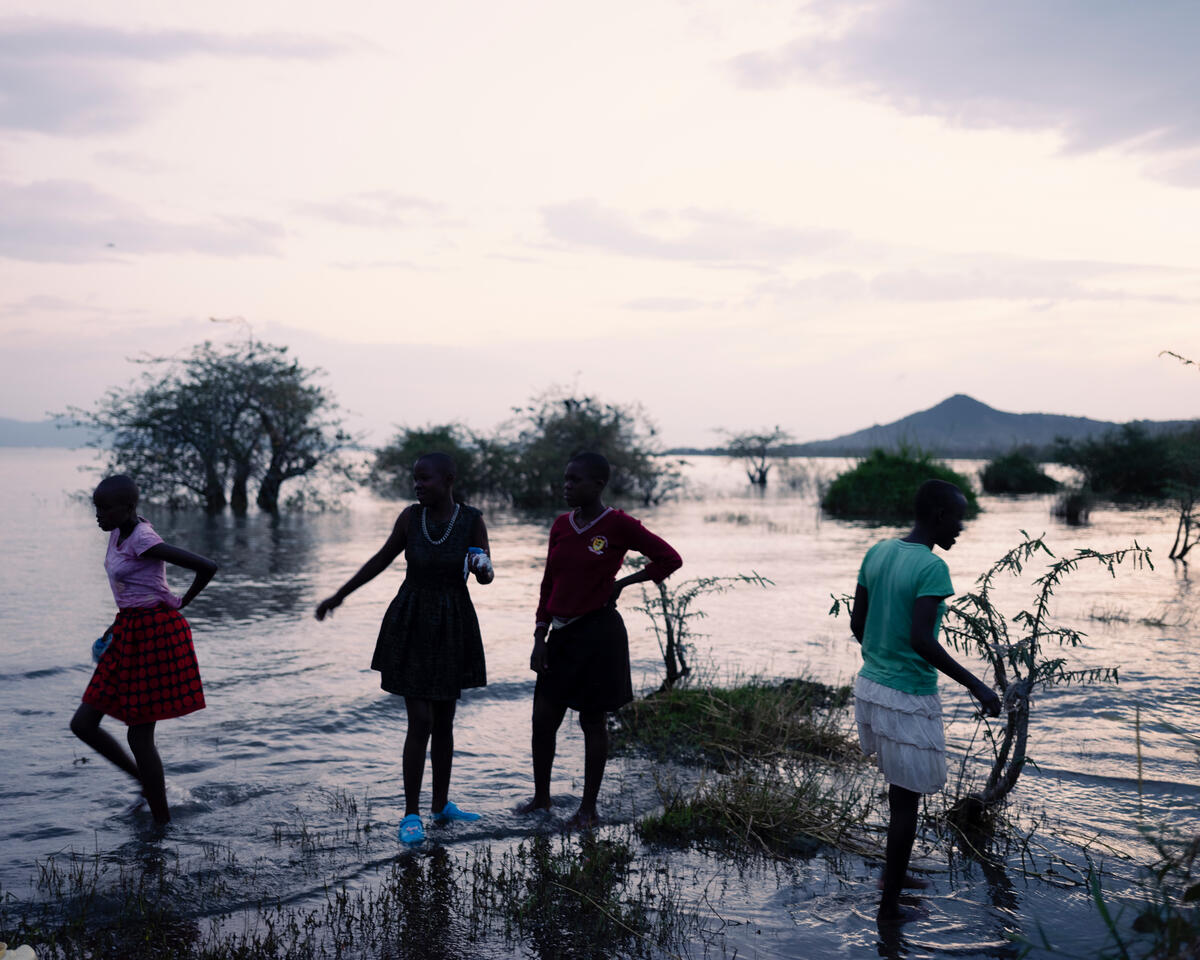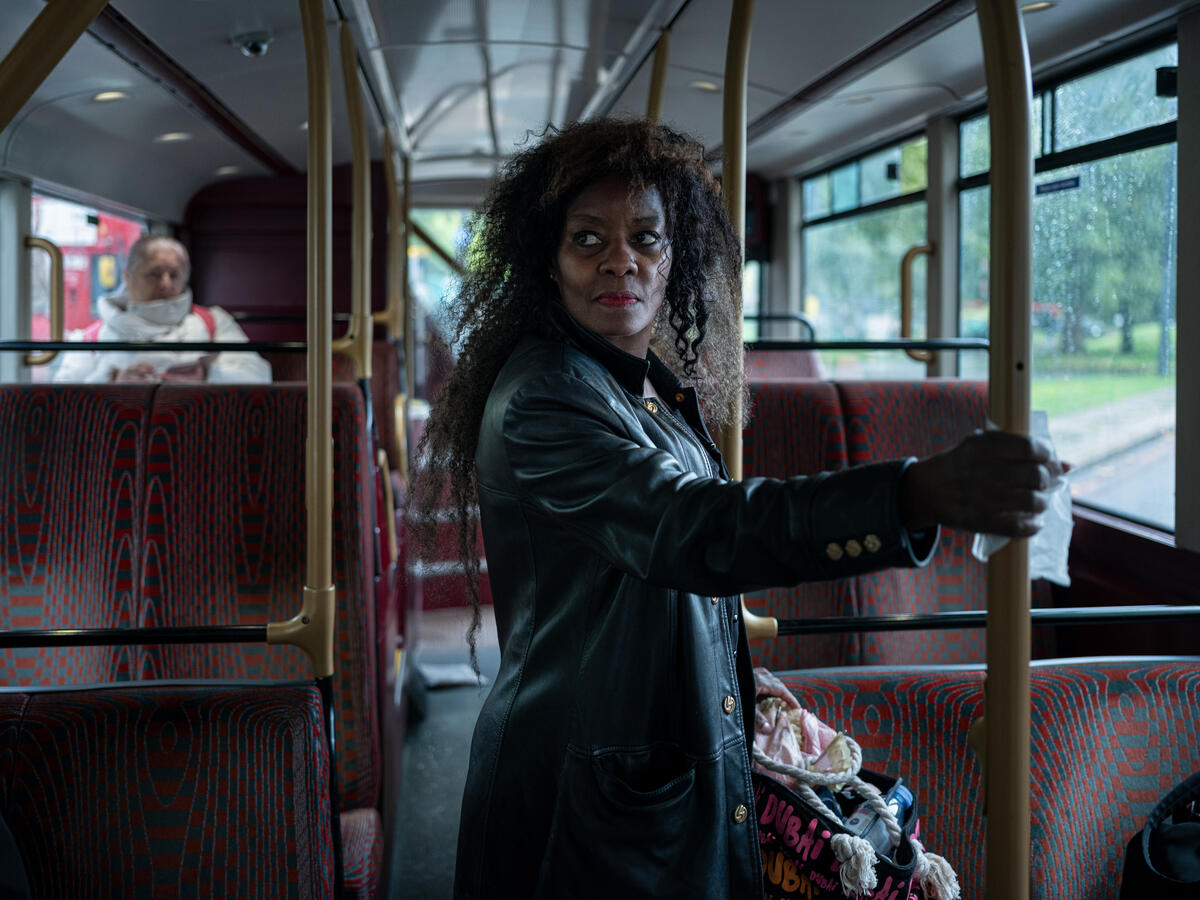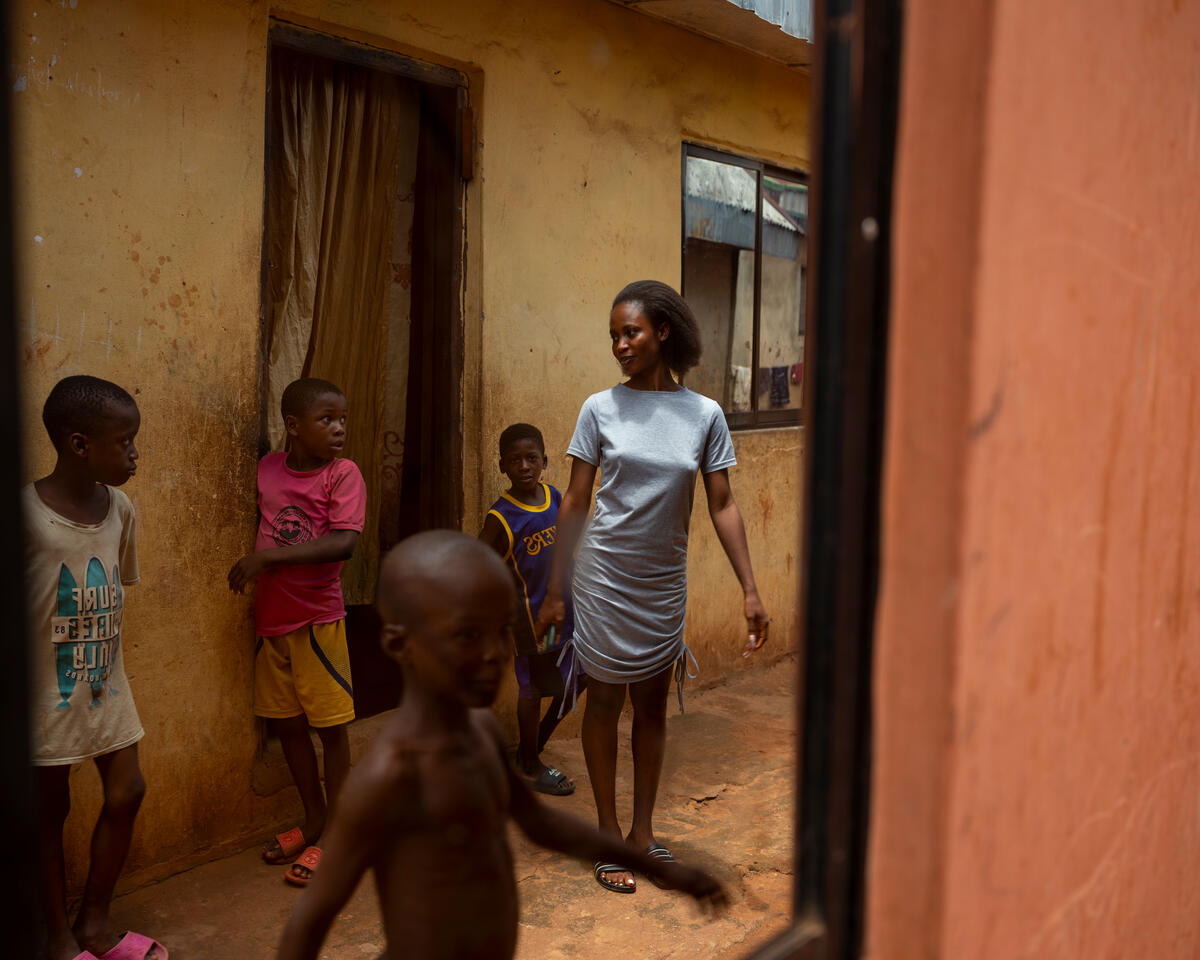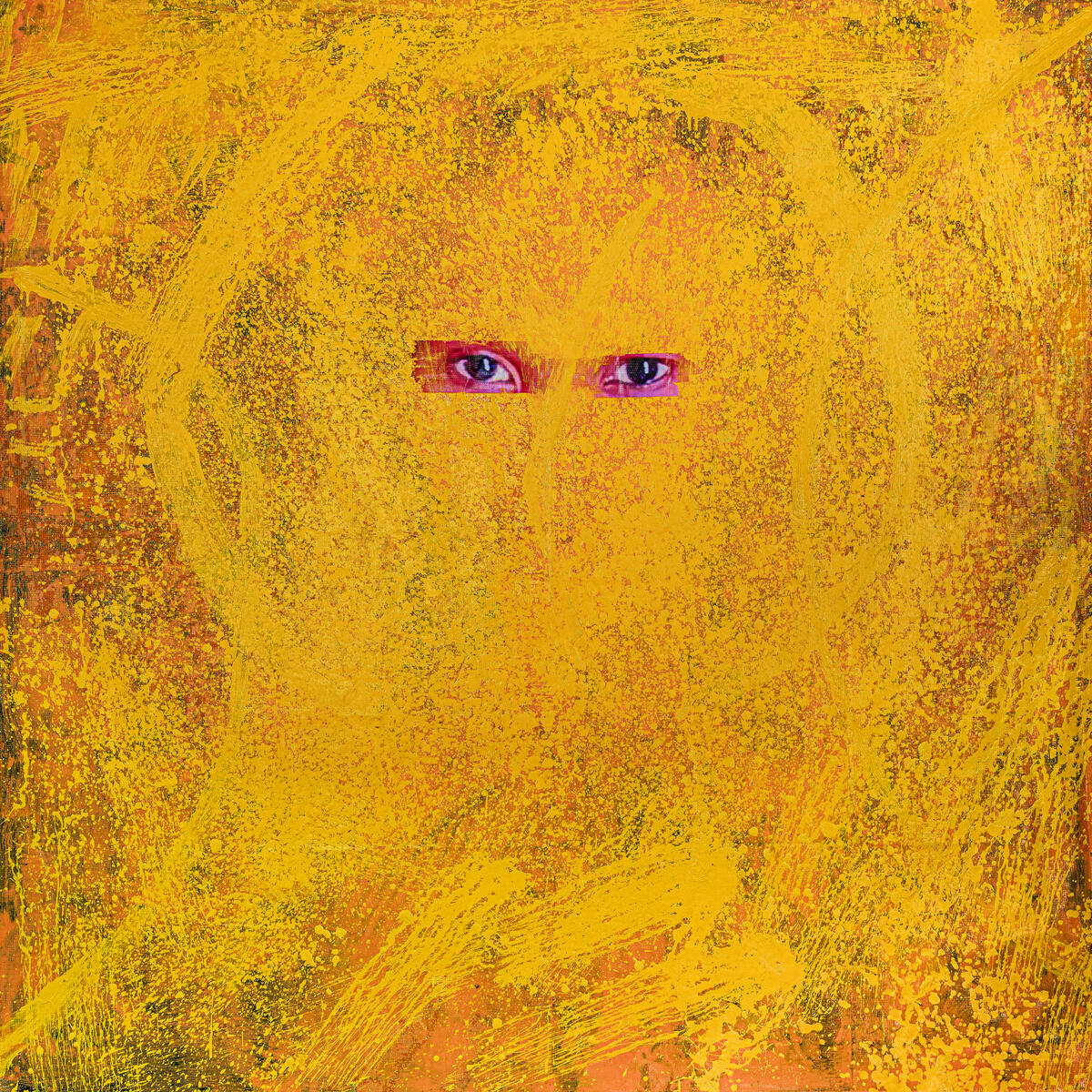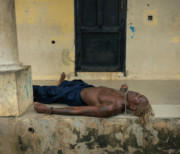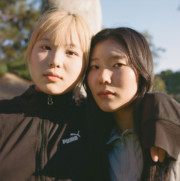I AM STILL HERE-My Lens
Newsha Tavakolian’s online exhibition documents nine women who survived human trafficking, photographing their resilience and their journeys to healing.
WARNING: TEXT CONTAINS ABUSE, VIOLENCE, SEXUAL ASSAULT
In 2024, Newsha Tavakolian traveled to Nigeria, Kenya, and England where she photographed nine female survivors of human trafficking, culminating in her photo series I AM STILL HERE – My Lens. This online exhibition, in collaboration with The Salvation Army, Stop Trafficking Africa and the Hope Education Project, calls attention to the global human trafficking crisis and shares testimonies from women who survived modern slavery.
Before meeting Tavakolian in person, Theresa, Grace, Maryam, Joy, Elizabeth, Wendy, Lima, Jennifer and Layla (all names have been changed) received something in the mail that many of them had no prior experience with: a camera. With introductory insight from Tavakolian into photography as a means of expression, these women had a new tool in their hands. Their resulting images are displayed as contact sheets throughout the series.
“The photography has helped me deal with the anger I had about my past,” Jennifer shared.
Tavakolian’s collaborative project offered another means of self-connection through art: each woman painted over an older portrait of themselves, as a symbolic act of “reclaiming their identity after the trauma of sex trafficking,” Tavakolian explains. These feature alongside Tavakolian’s photographs, as well as the survivors’ candid testimonies and handwritten statements, documenting their journeys from hardship to healing. “When I am painting, it’s a way of telling my story,” Jennifer said.
“With this project, I want to see people beyond what others did to them, for who they really are and want to be,” Tavakolian said. “A focus on hardship and pain can unintentionally take away from the strength and resilience of a person,” she added.
"The photography has helped me deal with the anger I had about my past. When I am painting, it’s a way of telling my story."
- Jennifer
Human trafficking remains an ongoing concern worldwide. According to the UNODC’s 2024 Global Report on Trafficking in Persons, the number of human trafficking victims increased by 25% to 74,785 in 2022, following the Covid-19 pandemic. Of these cases, 61% involved women, most of whom were trafficked for sexual exploitation. While 31% of cross-border trafficking victims that year were African citizens, UNOCD recorded over 162 nationalities trafficked to 128 countries. I AM STILL HERE – My Lens calls attention to this often overlooked crisis, as well as its immense scale.
Many of the testimonies in Tavakolian’s project share a chilling parallel: a woman approached them about an opportunity to work in Dubai, and, wanting to provide for their families or searching for a better life, they accepted. Upon arrival, they were forced to perform sex work. Their handlers threatened to beat them or kill them if they didn’t continue to bring them enough money. In other testimonies, the women were coerced into domestic servitude and abused after arriving in England, in some cases by members of their own family or through an arranged marriage.
Everything changed when these women found refuge either in The Salvation Army or Stop Trafficking Africa, an organization which helps rescue and repatriate victims of human trafficking for sexual exploitation.
"I’m always amazed by my own resilience. I’m always trying, I’m always surviving."
- Layla
While climate change, displacement, and political conflicts make communities increasingly more vulnerable around the world, labor migrants — particularly women — are at a higher risk of forced labor and sexual exploitation. “Without awareness, these crimes will continue in the shadows,” says Major Kathy Betteridge, Director of Anti-Trafficking and Modern Slavery for The Salvation Army.
“The images and art reflect the resourcefulness, resilience and vulnerability of victims whose simple desire for a better life was exploited for the vile trade in human lives,” says Angus Thomas. Thomas is the founder of both Stop Trafficking Africa and the Hope Education Project, an awareness program for schools and communities in northern Ghana.
Tavakolian’s mixed media series brings awareness to these survivors’ complex, emotional journeys towards self-rediscovery, and provides a vital space for “shedding the past and embracing the strength,” as Tavakolian writes.
Discover and download I AM STILL HERE – My Lens here.



